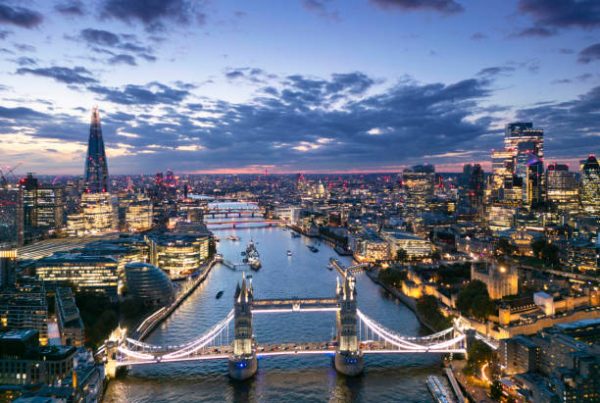Not too long ago, sustainability in supply chains was considered a nice-to-have, a branding exercise for companies that wanted to look responsible. Today, it is a survival strategy. Businesses across the globe are under pressure from regulators, investors, and consumers to reduce emissions, minimize waste, and adopt greener practices. This shift has created a new type of leader in the logistics world the eco-leader. And they are in higher demand than ever.

The green supply chain is more than a buzzword. It is a transformation of how companies design, source, produce, and distribute goods. Eco-leaders are executives who can balance profitability with sustainability, ensuring that a company’s supply chain is both competitive and environmentally responsible. This is not an easy task, but it is a critical one, as the companies that fail to adapt will be left behind in an increasingly eco-conscious world.
One reason eco-leaders are so vital is regulatory pressure. Governments worldwide are rolling out stricter carbon reporting and sustainability requirements. From the European Union’s Green Deal to new carbon border taxes, compliance is no longer optional. Companies need leaders who understand how to navigate these evolving frameworks while maintaining operational efficiency. Eco-leaders not only keep businesses compliant but also turn regulation into opportunity by positioning sustainability as a competitive advantage.
Another driving factor is consumer demand. Today’s customers are paying attention to where their products come from and how they are made. Studies show that younger generations are willing to pay more for sustainable brands. In this climate, a green supply chain is no longer just about cost control it is about brand value and customer loyalty. Executives who can build supply chains that are transparent, ethical, and environmentally friendly are directly shaping the future of business growth.
Eco-leaders also play a crucial role in resilience. Sustainable supply chains often prove to be more resilient during crises. For example, companies that rely on local sourcing reduce the risk of global disruptions. Those that optimize energy use lower operational costs and increase flexibility. By embedding sustainability into every layer of the supply chain, eco-leaders are not just protecting the planet; they are making companies stronger and more adaptable.
Technology is accelerating this trend. Tools like AI-driven emissions tracking, blockchain for transparent sourcing, and IoT-enabled energy monitoring are helping eco-leaders measure and reduce environmental impact. But technology alone is not enough. It takes vision and leadership to integrate these tools into strategy and align entire organizations around sustainability goals. That is why the demand for executives with both technical expertise and environmental foresight continues to grow.
The rise of eco-leaders is reshaping the executive search landscape. Boards and investors are increasingly asking candidates about their experience with sustainability initiatives. They want leaders who can demonstrate results in reducing carbon footprints, implementing circular economy models, or driving supply chain innovations that cut waste. Those who can combine these achievements with traditional supply chain expertise are becoming some of the most sought-after executives in the market.
The message is clear: the future of supply chains belongs to leaders who can think green. Sustainability is no longer a side project or an optional strategy. It is now at the core of competitiveness, brand identity, and long-term survival. Companies that hire and empower eco-leaders are not only protecting the environment but also future-proofing their business in a world where sustainability is the new currency of trust.



